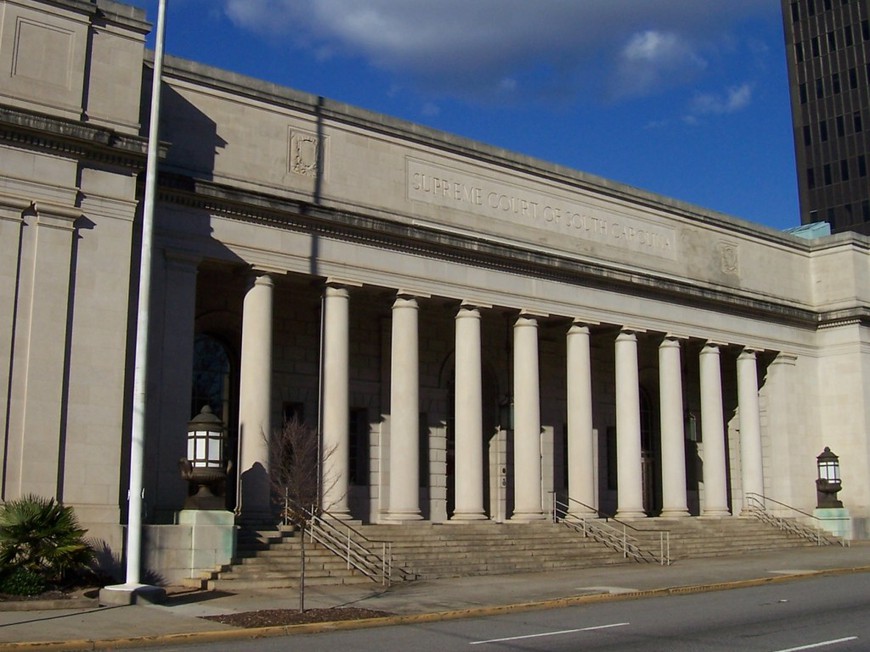

The South Carolina Supreme Court has reinstated guilty verdicts against five Charleston-area poker players who battled antiquated gambling laws in seeking to have their initial gambling convictions overturned.
The five, who were among 25 players arrested at a small Charleston home game in 2006 where small fees were extracted for food and drink, were found guilty of playing a game of chance in a “gambling house,” with authorities using a statute that dated in large part from 1802 as the basis for the arrests.
The five players who fought the charges—Robert L. Chimento, Scott Richards, Michael Williamson, Jeremy Brestel and John T. Willis—received prominent support from the poker community in defending their case.
That defense, including testimony from the Poker Players Alliance and prominent pro player Mike Sexton as to the “skill game” nature of poker, failed in its initial try, as the players were convicted; however, those convictions were later overturned in a Circuit Court ruling.
The case moved on to the South Carolina Supreme Court in 2009 after the town of Mount Pleasant (SC) appealed the Circuit Court ruling of R. Markley Dennis, Jr., that temporarily set aside the original verdict. Arguments were heard in 2010, with the five-justice court waiting another two years to render its decision in the matter.
In reversing the Circuit Court’s move to set aside the guilty verdict, the state’s Supreme Court justices still noted that the statute used was overly vague and had essentially left the judgment of whether a violation was occurring up to the interpretation of the arresting officers. However, they noted that the defendants were willfully gathering to gamble and were thereby violating portions of the statute that were less vague.
The “skill games” arguments raised were duly noted, but considered irrelevant to the actual violations being adjudged in the case.
The court split 3-2 on the appeal, with one of the concurring judges, Chief Justice Jean Toal, calling the statute “hopelessly outdated” and urging state lawmakers to revise South Carolina’s existing gambling code, lest games such as video poker exploit other unintended legal loopholes.
Two other judges, Kaye G. Hearn and John W. Kittredge, opposed the reinstatement of the original verdict on the grounds that the underlying statute remained unconstitutionally vague. Wrote Hearn, in dissenting with her colleagues, “In my view, we abandon our rule as the neutral arbiter of a statute’s constitutionality the very moment we decide to save a statute because we like what it does.”

